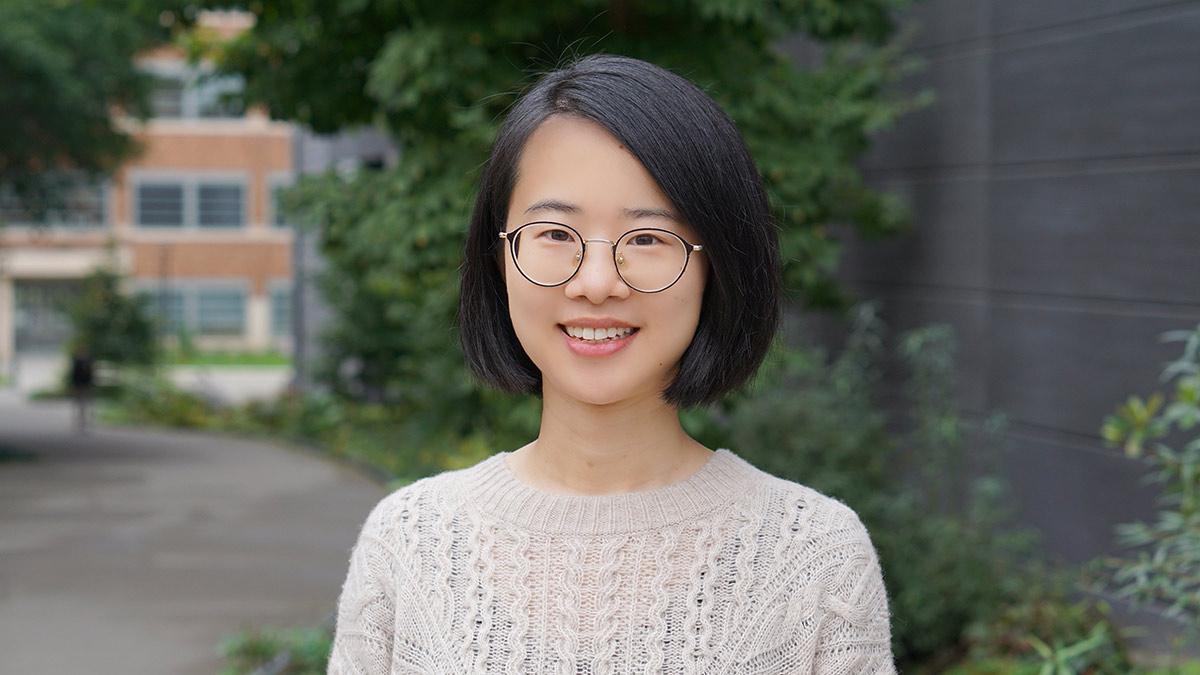Ting Ye, an assistant professor of biostatistics in the University of Washington School of Public Health, has received a Maximizing Investigators’ Research Award (MIRA) from the National Institute of General Medicine Sciences (NIGMS), a five-year $1.77 million grant that will fund Ye’s research group to develop innovative and advanced statistical methods to generate translational causal evidence from large-scale omics data.
This NIGMS R35 Outstanding Investigator Award supports the nation's highly talented and promising investigators to take on ambitious scientific projects.

Omics data, including genomics, proteomics, metabolomics, and other massive biological datasets, contain detailed information and show great promise to understand disease mechanisms and to uncover the underlying heterogeneities that contribute to disease manifestations. However, understanding causal relationships from this vast and intricate data remains a challenging task.
“I am excited to broaden the scope of classical causal inference methods, and to develop rigorous and advanced approaches tailored to harness the high dimensionality, correlation, and complexity of omics data. The methods we develop here have the potential to change how omics data are analyzed, providing new insights on disease etiology and accelerating the discovery of potential therapeutic targets for disease prevention and treatment.” said Ye.
To realize her mission of improving human health through data-driven discovery, development, and delivery of scientific breakthroughs, Ye’s research agenda extends beyond causal inference. She also seeks to advance complex innovative clinical trials, making drug development more efficient and patient-centric, and contributes to implementation science to turn research findings into routine practices.